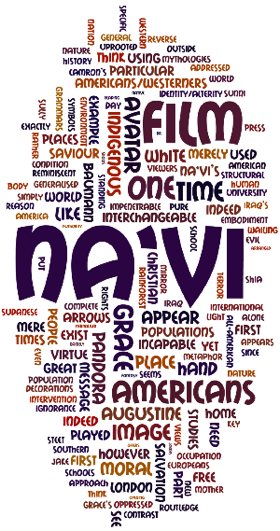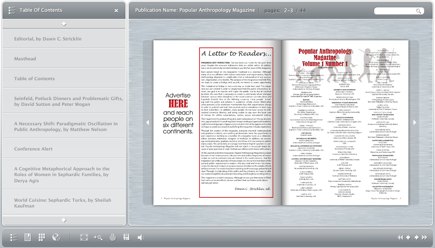My post Pecha Kucha – the future of presenting papers? received much attention and inspired others to arrange such sessions where papers are not read but presented through 20 images displayed for 20 seconds each. But I’m no longer sure if I would recommend Pecha Kucha after having received this email a few days ago:
To Lorenz Khazaleh,
This is Jean from PechaKucha HQ here in Tokyo. It has come to our attention that you recently organized a PechaKucha event without our consent.
Pecha Kucha – the future of presenting papers?
The PechaKucha name, logo, and format are all trademarked concepts, and as we clearly indicate on our site, we ask that anyone who is interested in running a PK event get in touch, as we have a review and agreement process that we go through.
http://pecha-kucha.org/night/start-a-city
We do support one-off events as well, but again, they are all officially sanction.
http://pecha-kucha.org/events/
We hope to hear back from you very shortly to prevent this from happening again.
—
Jean Snow
PechaKucha Night
founded by Astrid Klein and Mark Dytham in Tokyo
http://pecha-kucha.org
I first couldn’t believe what I read. A review and agreement process? Trademarking an idea? Is there a dubious commercial corporation behind Pecha Kucha? (And apart from that – I did not arrange a PK session, but only interviewed two participants.)
As I learnt on their website, you will need to go through a lot of bureaucracy, especially if you intend to arrange Pecha Kucha Nights. You’ll have to meet a lot of requirements and be prepared for providing lots of details about yourself and your team.
Timothy from Bluish Barn tried to start a Pecha Kucha Night and quotes an email from Klein Dytham architecture:
As we are now inundated with similar requests from across the world, we would love to know more about you!!! – your design background, design connections, events experience, ideas about venues, designers you would approach to present their work etc….Once we receive [your background/plans] we can review everything and get back in touch! KDa own the Registered Trademark for Pecha Kucha Night, 20 x 20 in the UK, Europe and US and if we decide to proceed we can provide you with the logos, templates and formats and our standard handshake agreement in order for you to get started!
As the Pecha Kuchs trademark owners explain on their website, they “sometimes say yes and sometimes say no – so be prepared for both answers”. And normally it takes them “a month or so” to grant PKN “handshake” agreements.
Nevertheless, the Pecha Kucha format is great. So the best thing might be to call it something different, like speed presentations or so, a term that Greg Downey introduced last year at Neuroanthropology.net, create your own logos etc Good luck!
See also Greg Downey’s brilliant round-up Thoughts on Conference Organizing
UPDATE First reaction on this post: Marc Oehlert: Pech* Kuch* (evidently Japanese for “full of yourself”). He analyses and comments the Pecha Kucha website more thouroughly than I did and has already received lots of comments! Great post!




